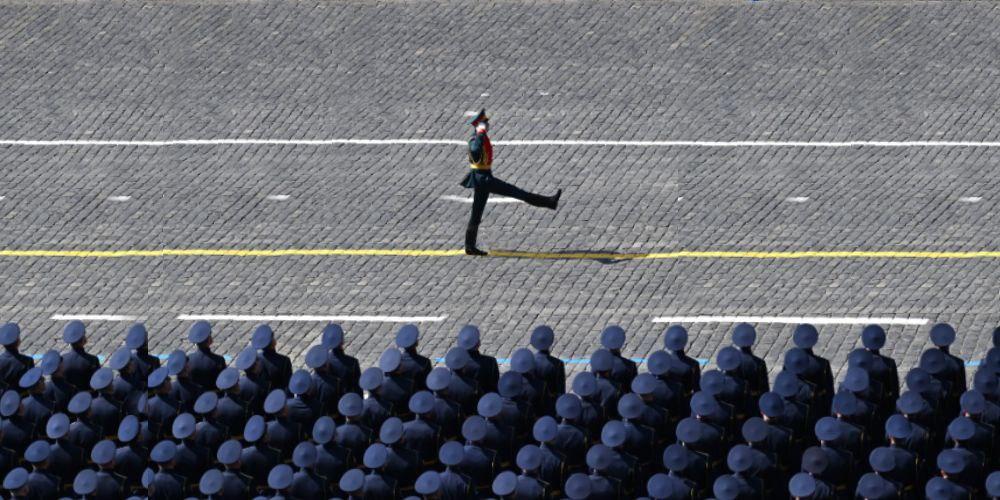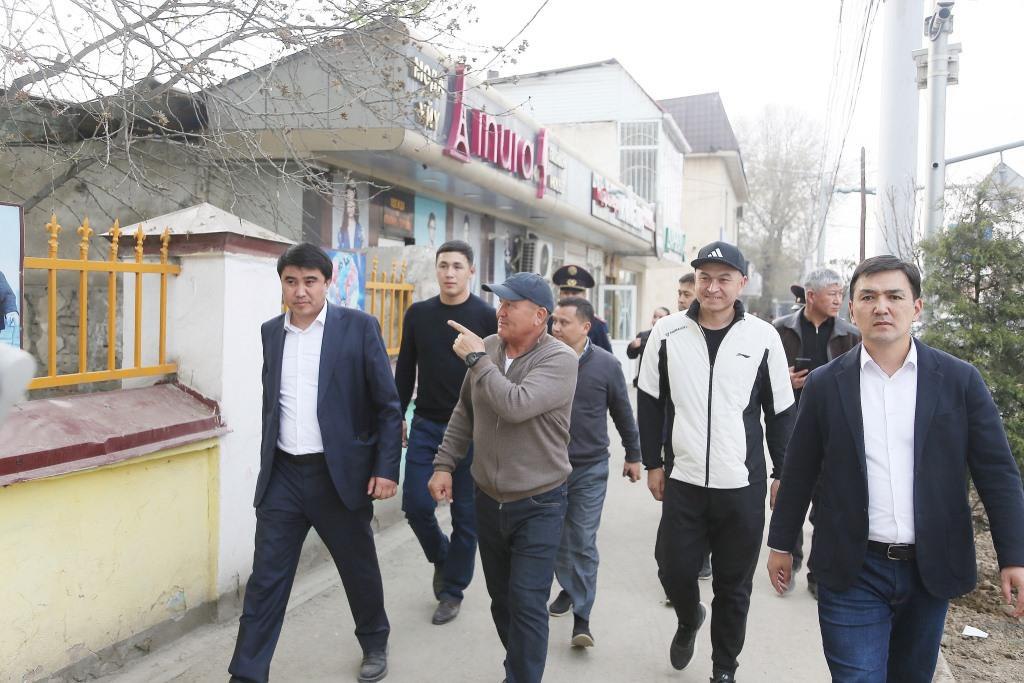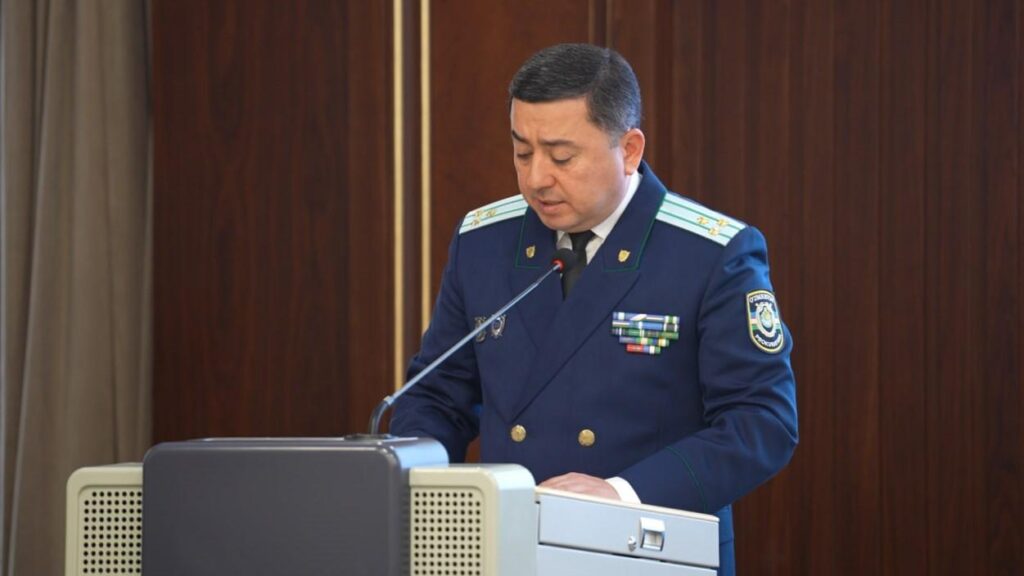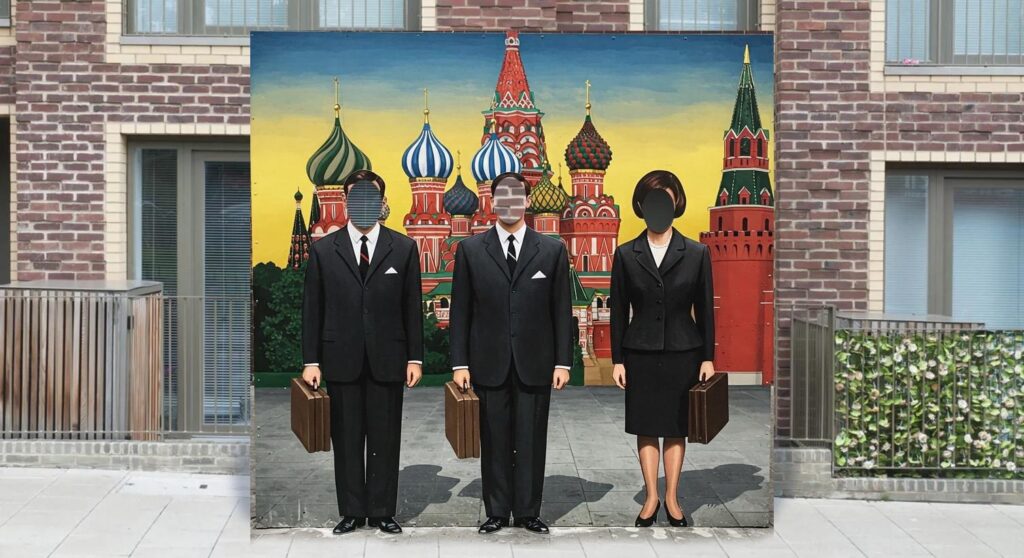Kyrgyz officials attended a meeting in Moscow and persuaded Russian lawmakers to withdraw a draft document that would ban Kyrgyz citizens from working as taxi drivers. Following the terrorist attack at the Crocus City Hall near Moscow on March 22, Russian State Duma representatives prepared a bill to ban foreigners from working in the passenger transport industry using their home countries’ driver’s licenses. The unprecedented decision came against the background of an acute shortage of taxi drivers and public transport workers. The capital region alone lacks 80,000 drivers.
In an interview with Kyrgyz state media, Jogorku Kenesh (Supreme Council) representative Marlen Mamataliyev said the parliamentary delegation held a number of talks with members of various Russian State Duma factions. At one such meeting, Kyrgyz representatives presented their arguments to their Russian counterparts to have the bill withdrawn before the committee’s discussions.
“We explained that Kyrgyzstan has tightened the issuing of driving licenses and, even, the president’s niece was able to get a driving license only on the fifth attempt. We also suggested exchanging databases of drivers. This would allow Russian law enforcement agencies to track the authenticity of driver’s licenses,” Mamataliyev said. According to him, Russian colleagues listened to them and put the bill on hold.
After arriving in Kyrgyzstan, the deputies instructed the Interior Ministry to speed up the creation of a unified database of driver’s licenses and give Russian law enforcement agencies access to it.
However, one of the authors of the bill, Duma deputy Yaroslav Nilov, told the media that no one had contacted him. “I am the author of this bill and no one has held any negotiations with me… I believe that the issue of safety should be a priority for our country, including this driving with a national driving license,” he said.
The Russian MP believes that if Kyrgyz citizens work in freight or passenger transport, they should have Russian-style driver’s licenses like citizens of other countries. The exception is citizens of Belarus, another Eurasian Economic Union (EAEU) state, alongside Kyrgyzstan. Nilov admitted the possibility of a simplified procedure for issuing Russian driver’s licenses to citizens of Kyrgyzstan, but not its complete cancellation.
Citizens of the EAEU can drive cars in member states using their domestic driver’s license. However, not all countries allow such drivers to get a job. According to official data, about a million Kyrgyz citizens live in Russia today, and many of them continue to work in taxi transportation and municipal public transport using Kyrgyz driving licenses.









